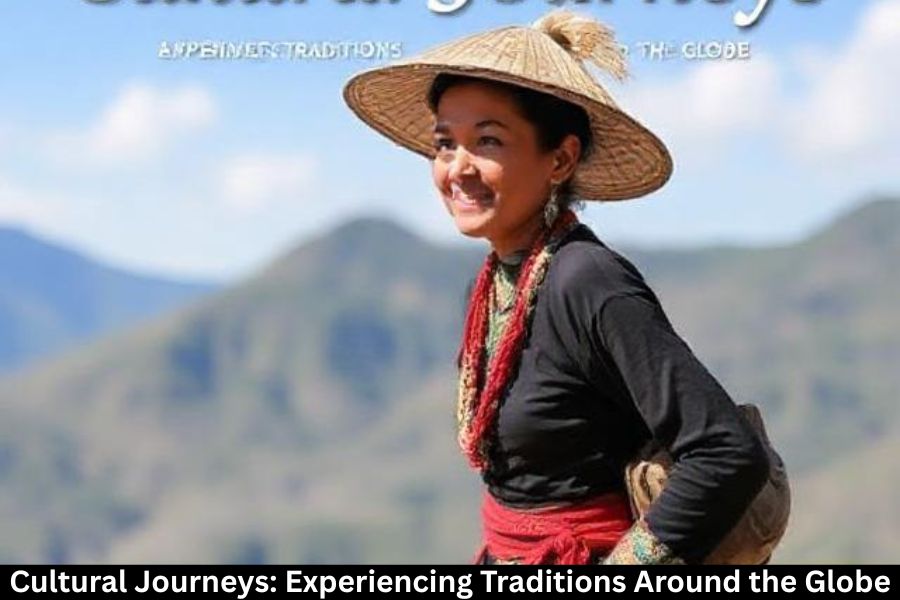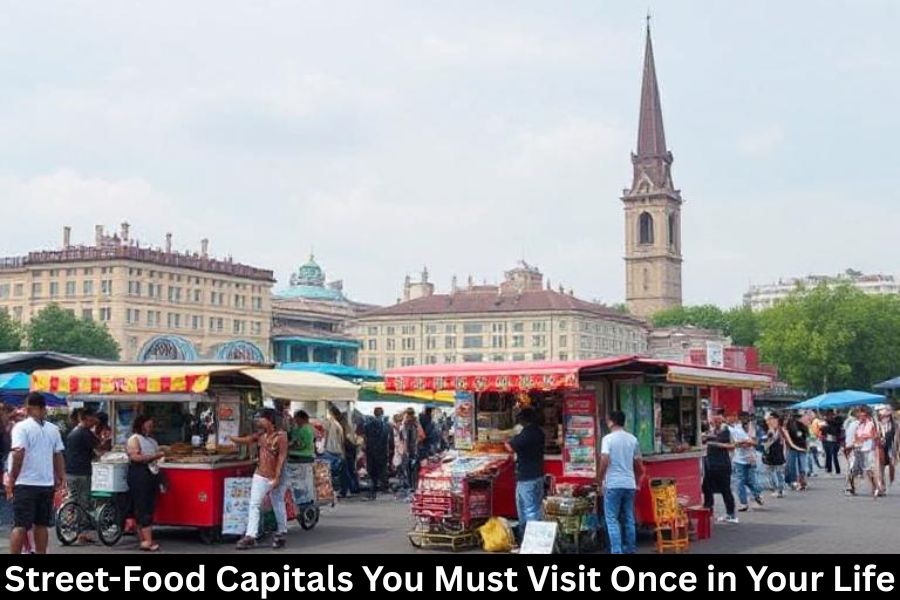Traveling the world is more than just sightseeing—it’s about understanding the heart and soul of the places you visit. Every destination has a story to tell through its people, customs, and traditions. Cultural journeys allow us to see the world through a different lens, fostering appreciation, empathy, and connection across borders.
Understanding Cultural Tourism
What Is Cultural Tourism?
Cultural tourism is all about exploring a region’s traditions, arts, history, and way of life. It’s not just about visiting landmarks but engaging with the culture on a personal level—through music, food, rituals, and community interactions.
How It Enhances Your Travel Experience
When you travel for culture, you don’t just see—you feel. You experience life as the locals do, broadening your worldview and creating memories that go far beyond photographs.
The World’s Most Fascinating Cultural Destinations
Kyoto, Japan: The Land of Timeless Traditions
Kyoto embodies Japan’s rich cultural heritage, from serene tea ceremonies and ancient temples to the graceful art of geisha. Visit during cherry blossom season for an unforgettable cultural spectacle.
Varanasi, India: A City of Spiritual Heritage
One of the world’s oldest continuously inhabited cities, Varanasi is where life, death, and spirituality intertwine. Witnessing the Ganga Aarti ceremony on the riverbanks is a deeply moving experience.
Marrakech, Morocco: A Vibrant Fusion of Colors and Culture
Lose yourself in Marrakech’s lively souks, where artisans craft intricate mosaics, carpets, and spices. The blend of Arab, Berber, and French influences creates an unforgettable cultural mosaic.
Cusco, Peru: Gateway to the Inca Civilization
Once the capital of the Incan Empire, Cusco is filled with archaeological wonders, traditional Andean music, and colorful festivals that celebrate indigenous pride.
Rome, Italy: The Eternal City of History and Art
From the Colosseum to the Vatican, Rome offers layers of history and culture. Its art, cuisine, and architecture continue to influence the modern world.
Oaxaca, Mexico: Where Ancient Rituals Meet Modern Life
Famous for its rich indigenous culture, Oaxaca hosts vibrant festivals like Día de los Muertos, where locals honor ancestors through art, food, and music.
Immersing Yourself in Local Traditions
Participating in Festivals and Ceremonies
Join local celebrations—dance during Holi in India, sing at Oktoberfest in Germany, or light lanterns in Thailand. Festivals are the heartbeat of cultural connection.
Learning Traditional Arts, Crafts, and Cuisine
Take a pottery class in Greece or learn sushi-making in Japan. These hands-on experiences create a deeper appreciation for local artistry.
Homestays and Community-Based Tourism
Staying with a local family offers authentic cultural exchange. You’ll share meals, stories, and traditions, fostering real human connections.
The Power of Cultural Exchange
Building Connections Across Borders
Culture unites people. Whether you share a meal, a song, or a story, these moments of exchange remind us that despite differences, we all share the same human spirit.
Respecting and Preserving Heritage
Cultural travel encourages the protection of traditions that might otherwise fade. Supporting local heritage keeps customs alive for future generations.
Unique Cultural Experiences Around the World
The Cherry Blossom Festival in Japan
A breathtaking celebration of nature and renewal, this festival symbolizes the fleeting beauty of life.
Día de los Muertos in Mexico
A colorful and emotional tribute to loved ones who have passed, blending indigenous beliefs with Catholic traditions.
The Carnival of Rio de Janeiro
One of the biggest parties in the world—filled with music, costumes, and joy, celebrating Brazilian culture and rhythm.
The Maasai Traditions in Kenya
Experience the rich culture of the Maasai tribe, from traditional dances to storytelling, that honor centuries of heritage.
Flamenco in Spain
In southern Spain, feel the passion of Flamenco—a soulful dance that expresses the essence of Andalusian spirit.
Food as a Cultural Experience
Food tells a story. Each dish carries history, identity, and love. Try pho in Vietnam, tapas in Spain, or tagine in Morocco. Better yet, join local cooking classes to learn recipes straight from the heart of the community.
Art, Music, and Dance Across Cultures
From the Louvre in Paris to tribal drumming in Africa, art transcends language. Attend a local concert, visit an artisan’s workshop, or watch a folk performance to connect with a culture’s creative soul.
Responsible and Respectful Cultural Travel
Respect is the foundation of cultural travel.
- Always ask before taking photos of people or ceremonies.
- Support local artisans by buying handmade crafts.
- Follow local customs and dress codes.
Your actions can help preserve cultural integrity while uplifting communities.
Tips for a Meaningful Cultural Journey
- Learn Basic Phrases: A simple “hello” or “thank you” can open hearts.
- Dress Appropriately: Respect local traditions with modest clothing when needed.
- Be Observant: Watch, listen, and learn before engaging.
- Stay Curious: Ask questions respectfully—locals often love to share their culture.
Conclusion
Cultural journeys are more than travel—they’re transformation. They open your mind, deepen your understanding, and remind you of humanity’s shared beauty. Each tradition, whether ancient or evolving, teaches us something about resilience, creativity, and connection.
So, wherever your next adventure leads, travel not just to see the world—but to understand it.
FAQs
1. What is the purpose of cultural travel?
To connect with the history, customs, and people of a place on a deeper, more meaningful level.
2. How can I experience authentic local traditions?
Attend festivals, join workshops, or stay with local families to immerse yourself fully in the culture.
3. What are the best destinations for cultural immersion?
Kyoto, Rome, Marrakech, Cusco, and Oaxaca are excellent for rich cultural experiences.
4. How do I show respect for other cultures while traveling?
Be mindful of local customs, dress codes, and etiquette. Always approach cultural practices with curiosity and respect.
5. Why is cultural tourism important?
It promotes understanding, preserves heritage, and supports local economies—all while enriching your travel experience.



